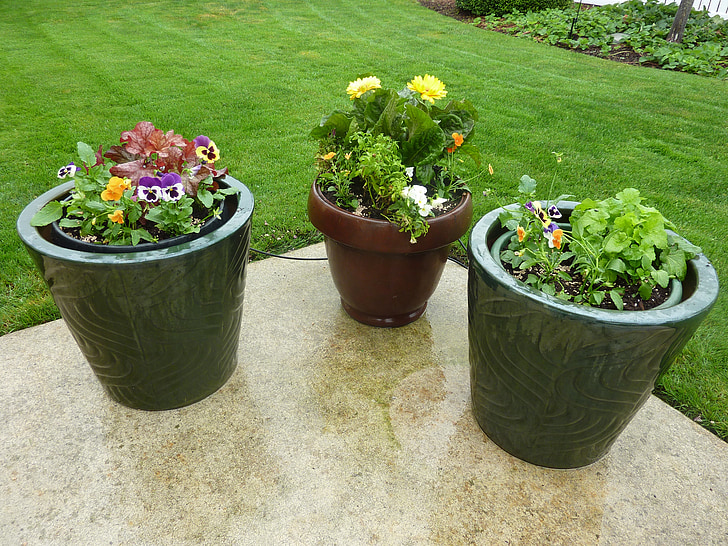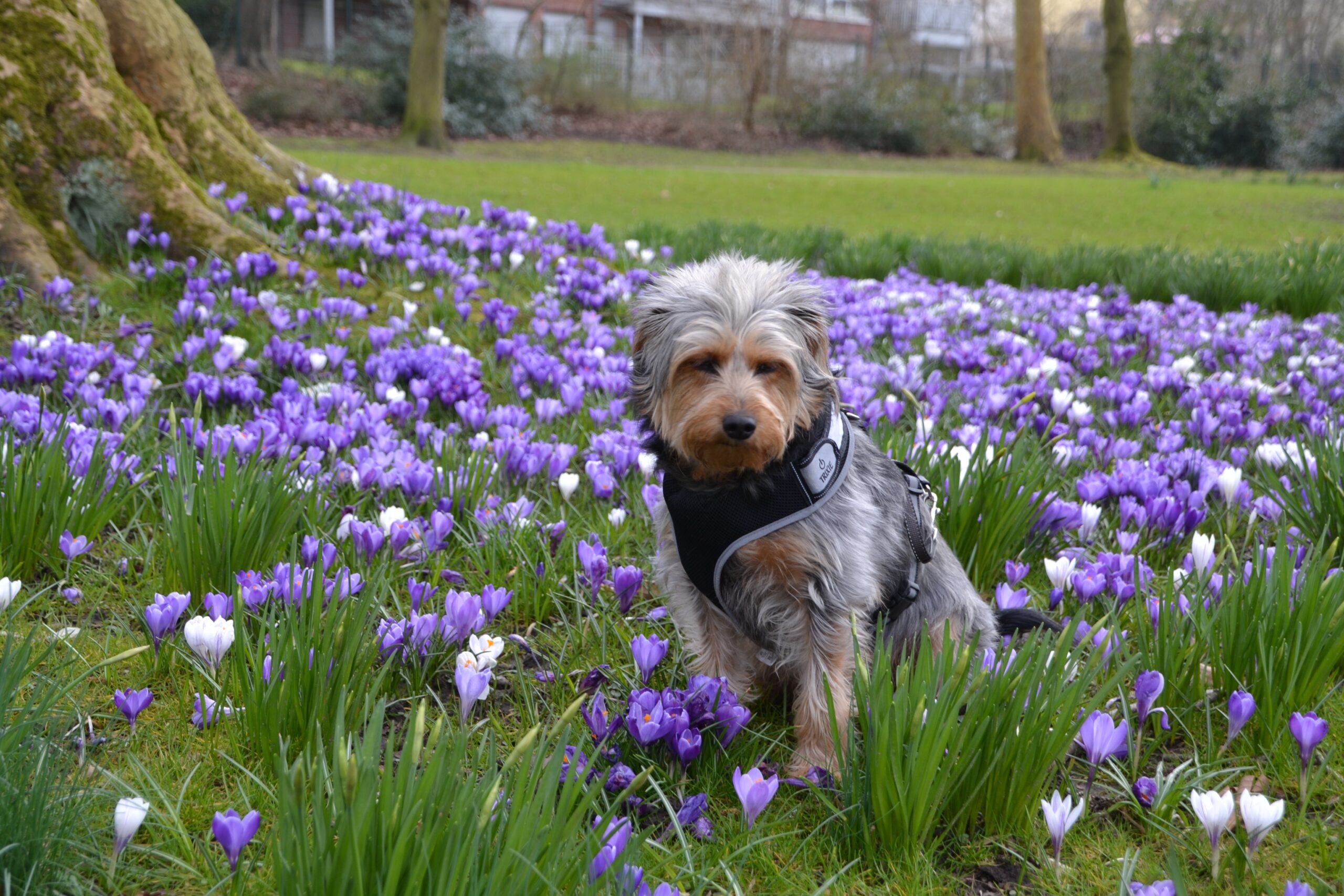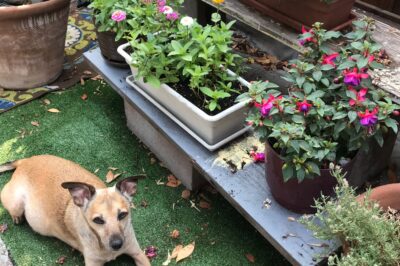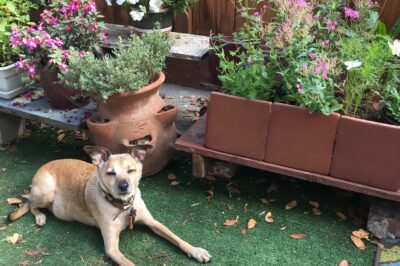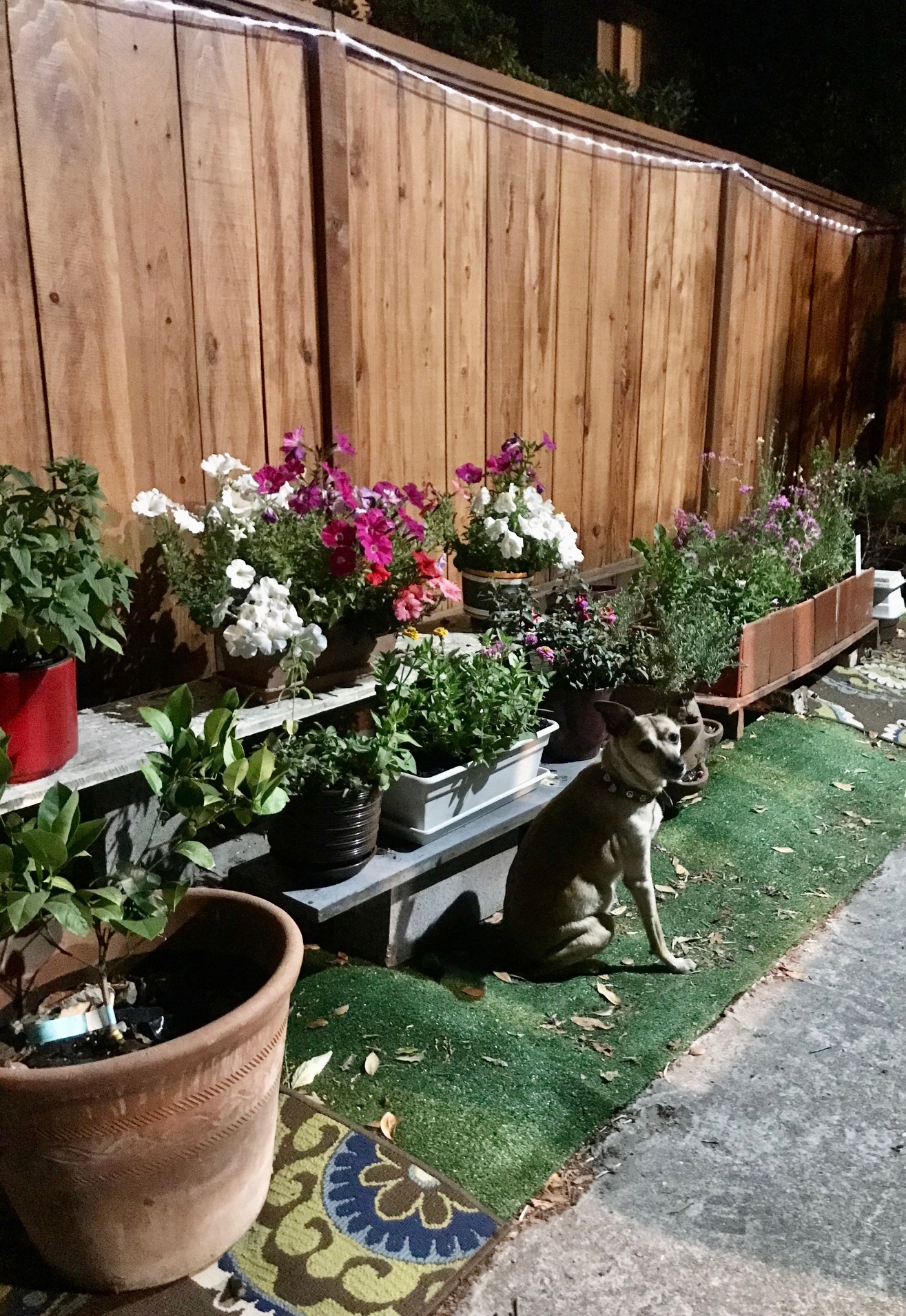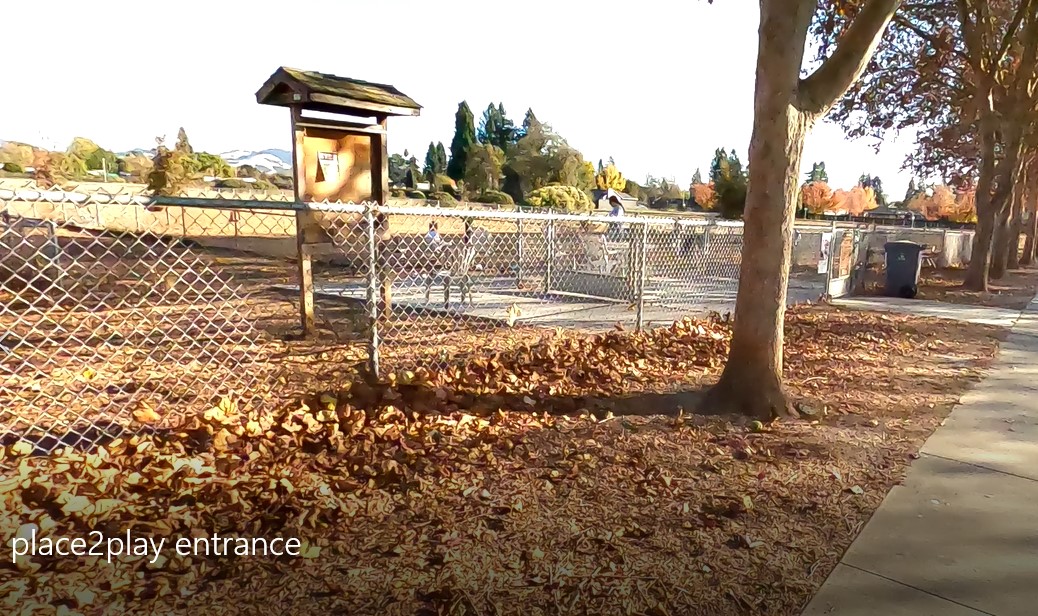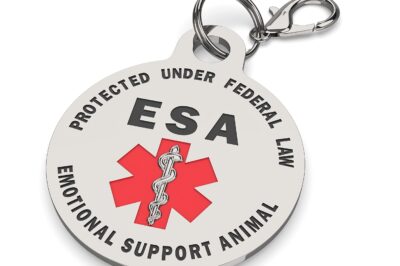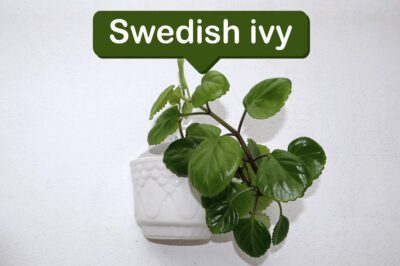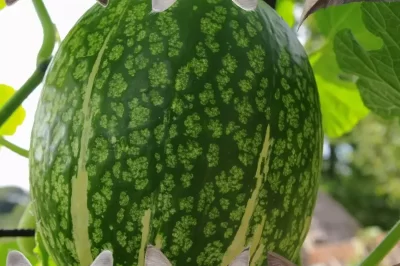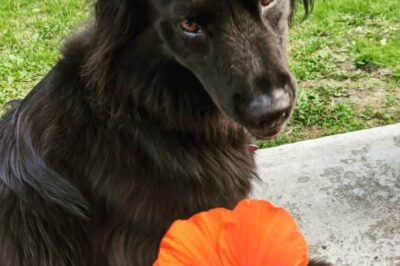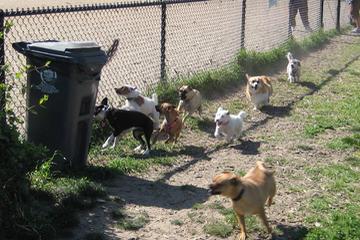-
Canterbury-Bell Safe for Dogs & Cats, Edible, Re-seeds & Butterfly Attracting
Canterbury Bells are pet-friendly, non-toxic flowers that brighten gardens and safely coexist with dogs and cats. These resilient plants not only reseed naturally but are also edible and attract butterflies, appealing to both gardeners and wildlife enthusiasts seeking a vibrant, low-maintenance outdoor space…
-
Cats, Dogs & Canna Lily: Sun, Shade & Deadhead Perennial Requirements
Discover how canna lilies create a pet-safe garden oasis. Learn their sun and shade needs, soil requirements, and how deadheading promotes continuous blooms. Perfect for pet owners, these vibrant plants are non-toxic to cats and dogs, ensuring a worry-free and stunning garden paradise…
-
Sego Lily (Calochortus nuttalli) in Pet Safe Garden: Significance, Taste, Locations & Mariposa Comparison
The Sego Lily, Calochortus nuttallii, brightens gardens with delicate blooms while ensuring safety for pets. Known for its non-toxic nature and historical significance, it thrives in arid environments, offering an aesthetic, practical solution for pet-friendly spaces. Discover the Sego Lily’s charm and importance in your garden…
-
Pet Safe Blue-Dick Flowers & Dichelostemma vs Dipterostemon Care & Comparison
Discover the charming Blue-Dick flowers, perfect for pet-friendly gardens. These vibrant blooms ensure safety for pets while adding color and attracting pollinators. Learn about the differences between Dichelostemma and Dipterostemon to choose the right plant for your garden design and enhance its aesthetic appeal…
-
African Daisy Not Poisonous to Dogs: Sun, Shade & Deadhead Care Tips for Pet Safe Gardens
Ensure your garden is pet-safe with African Daisies! These vibrant blooms are non-toxic to dogs and thrive in full sun while tolerating some shade. Discover tips on deadheading and care to maintain a lush, pet-friendly outdoor space. Perfect for dog owners seeking peace of mind and beauty in their gardens…
-
Physical & Emotional Benefits of Pet Massage: Health & Wellness Tips
Discover the amazing physical and emotional benefits of pet massage! From reducing anxiety and stress to alleviating arthritis and improving digestion, learn how regular massage can enhance your furry friend’s health and happiness. Embrace this holistic approach for your pet’s well-being and vitality today…
-
Pet Aromatherapy Benefits & Safe, Calming Essential Oils
Discover the benefits of pet aromatherapy with safe essential oils like lavender, chamomile, and cedarwood. These oils can calm anxious pets and enhance well-being. Always dilute before use and consult a vet to ensure safety and efficacy. Explore natural solutions for a happier, healthier pet life…
-
Dog Spa Day at Home Ideas & Tips
Transform your home into a dog-friendly spa oasis and bond with your furry friend. Tailor the experience to their needs with calming ambiance and the right tools. Discover how pre-spa exercise enhances relaxation and creates an enjoyable pampering session for your dog at home…
-
Pet-Friendly Furniture Guide: Choose the Best & Understand What It Means
Choosing pet-friendly furniture ensures your home remains stylish while accommodating pets. Opt for durable materials like leather and stain-resistant fabrics. Look for furniture with washable covers, and consider elevated designs for easy cleaning. Smart choices can extend the life of your decor and keep pets comfortable…
-
Smart Home Devices for Older Adults & Pet Care
Smart home devices revolutionize pet care for seniors, offering solutions like automatic feeders, pet cameras, and smart water dispensers. These technologies reduce physical demands and enhance safety, allowing older adults to focus on enjoying companionship with their pets while maintaining peace of mind and independence in their homes…
-
California Emotional Support Animal: How to Get ESA Certification
Emotional Support Animals provide vital comfort for individuals facing mental health challenges. In California, obtaining ESA certification requires an ESA letter from a licensed professional. Understanding the legal distinctions between ESAs and service animals is crucial for navigating rights and responsibilities in housing and beyond…
-
New Federal Rules on Emotional Support Animals for STRs
Emotional support animals offer essential comfort, but recent federal rules alter their status. ESAs are no longer recognized for air travel, though housing protections remain. Understanding these changes and associated legalities helps ESA owners navigate challenges while ensuring their rights under the Fair Housing Act are preserved…

